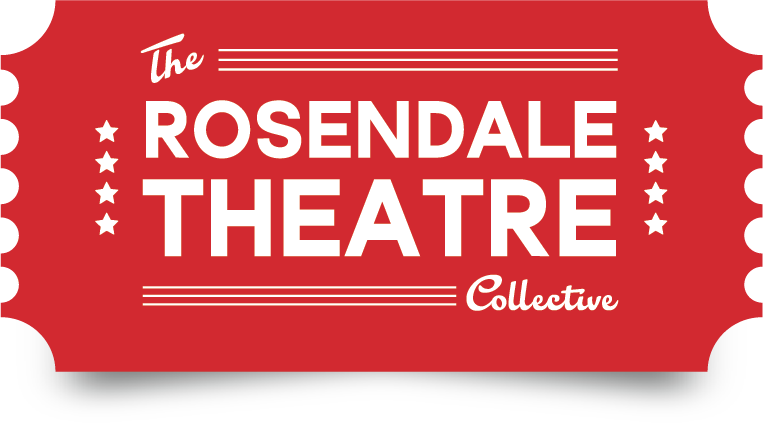7:15 pm | G | 1982 | Musical/Documentary | 1h 40m
One of the most acclaimed music documentaries of all time, George Nierenberg’s Say Amen, Somebody is a joyous celebration of African American culture and history.
Say Amen, Somebody features earth-shaking performances by the “father of gospel,” Thomas A. Dorsey, Mother Willie Mae Ford Smith, the O’Neal Twins, Zella Jackson Price, and Delois Barrett Campbell and the Barrett Sisters.
A blues player in the 1920s and 1930s, Dorsey made the choice to turn away from secular music to spread the gospel as a composer, songbook publisher, and organizer of the National Convention of Gospel Choirs and Choruses. In the film, the octogenarian Dorsey shakily, but movingly sings his famous composition, Take My Hand Precious Lord. (One of the most beloved gospel songs ever written, Precious Lord was performed by Elvis Presley, Leontyne Price, Beyoncé Knowles, Aretha Franklin, Mahalia Jackson, and Nina Simone and was sung at the funerals of Dr. Martin Luther King and President Lyndon Johnson.)
As a solo artist, as founder of the Sallie Martin Singers, and as Dorsey’s manager and publisher, Sallie Martin richly earned her title as mother of gospel. Speaking about her many contributions to the musical tradition, Martin expresses regret that as a woman behind the scenes, she never got the recognition she deserved.
Willie Mae Ford Smith combined a great voice, a powerful desire to spread God’s word, and a gentle sense of humor. Despite many setbacks and adversity, she pursued a long career as a gospel singer, preacher, and teacher to hundreds of musical disciples. In one scene, when her grandson tells Mother Smith that women do not belong as leaders of the church, she manages to gently disagree, but her disappointment in him is obvious.
The documentary explores the family relationships of the gospel performers and features moving discussions about changes in society and the rights of women. While making breakfast, singer Delois Barrett Campbell tries to convince her minister husband that her dreams of performing in Europe are as important as his mission. Delois also speaks with her disciple, Zella Jackson Price about a woman’s place in gospel. The origins of gospel come under dispute when St. Louis native Smith insists that the idea for the first gospel convention started in her hometown while Chicago native Martin insists that the first location for the convention was the Windy City. Dorsey, Martin, and the Barrett Sisters were from Chicago while Smith and Price are St. Louis born and raised. The film was shot in both cities.
When it was first released in the early 1980s, the film received an overwhelming critical response, garnering rave reviews around the world.
“One of the most joyful movies I’ve ever seen.”
— Roger Ebert, Chicago Sun-Times
“The film’s mood is never less than marvelously infectious.”
— Richard Schickel, Time
“The music conquers doubt and unhappiness, and when it ends, you feel healed.”
— David Denby, New York Magazine
Quoting Willie Mae Ford Smith: “‘I just have a feeling within… You can’t help yourself. It goes between the marrow and the bones. I feel like I could fly’…
[the film] has the same uplifting effect on its audience.”
— Kathleen Carroll, New York Daily News
